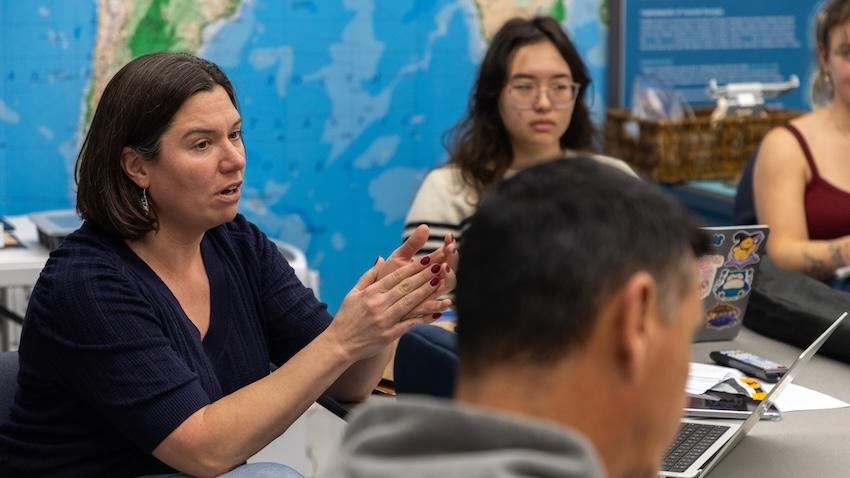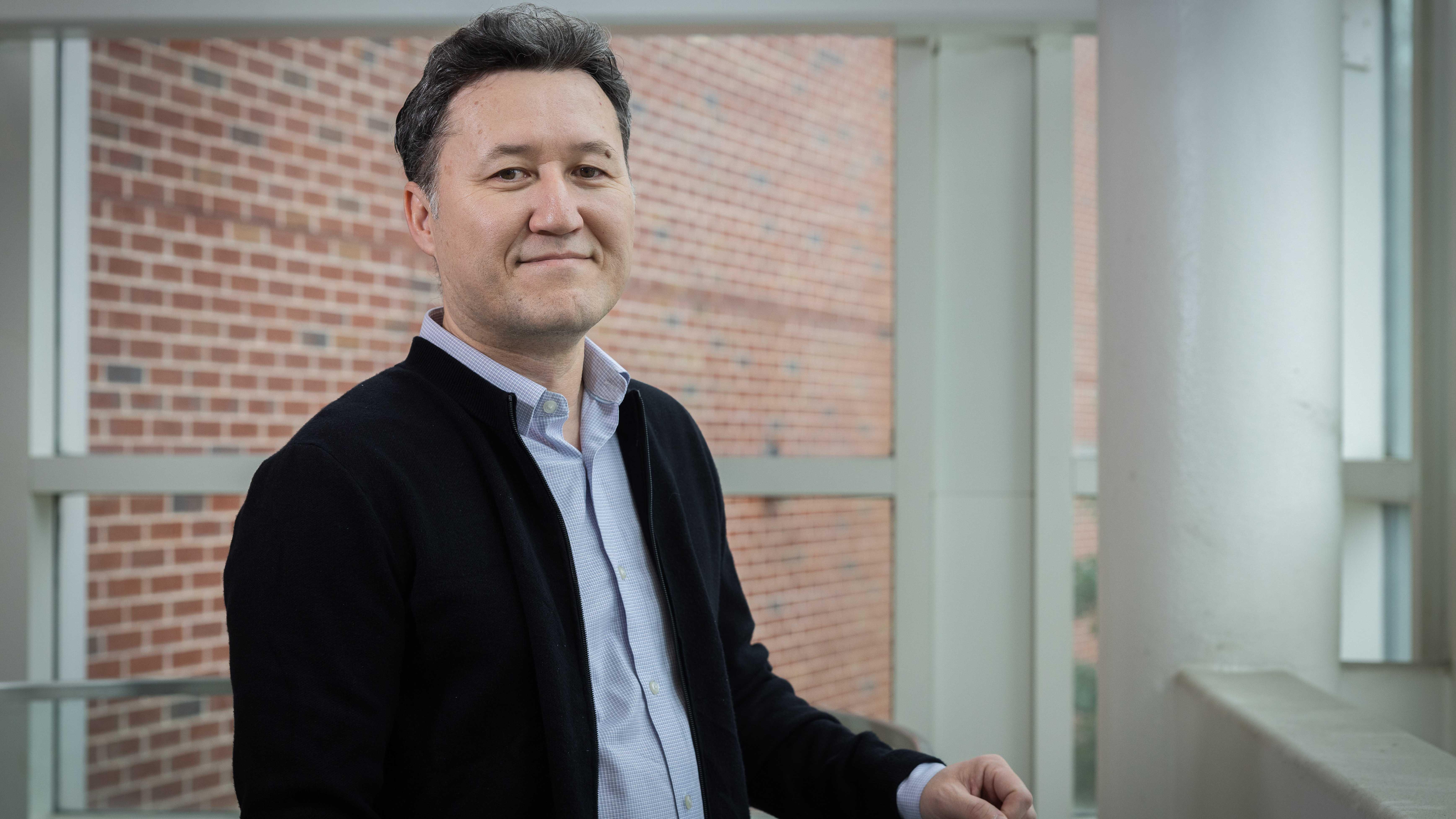
Researchers Present Latest Work in Programming, Systems
Georgia Tech researchers recently presented their work at leading programming languages and systems conferences, focusing on static analysis, tensor programming, and compiler technology.
Faculty in the School of Computer Science (SCS) presented four papers at the 2025 ACM SIGPLAN International Conference on Systems, Programming, Languages and Applications: Software for Humanity (SPLASH) and its co-located conferences, including OOPSLA 2025 (Object-Oriented Programming, Systems, Languages & Applications).
"Our significant participation at SPLASH and OOPSLA is further confirmation of the strength we have built in the Programming Languages area in our School,” said SCS Interim Chair Mostafa Ammar.
Assistant Professor Jacob Laurel’s paper, Synthesizing Sound and Precise Abstract Transformers for Nonlinear Hyperbolic PDE Solvers, was recognized with a distinguished artifact award at OOPSLA. The paper studied how to statically analyze partial differential equation (PDE) solvers used in scientific computing to verify scientifically relevant properties about the solutions. The paper is the first of its kind to conduct a static analysis.
Assistant Professor Willow Ahrens had two papers accepted at the conference. Finch: Sparse and Structured Tensor Programming with Control Flow presents a new programming language. Finch enables faster computations through flexible control flow and diverse data structures. The Continuous Tensor Abstraction: Where Indices Are Real introduces continuous tensors, enabling shorter, faster code.
Associate Professor Qirun Zhang presented one paper at OOPSLA that explores a new method to improve compiler diagnostics. Zhang gave a keynote talk at the 32nd Static Analysis Symposium (SAS 2025), co-located with SPLASH and OOPSLA. His keynote discussed how compiler testing and validation can be strengthened.
Ph.D. student Ben Mikek, advised by Zhang, presented at the SPLASH Doctoral Symposium on compiler-guided static analysis.


